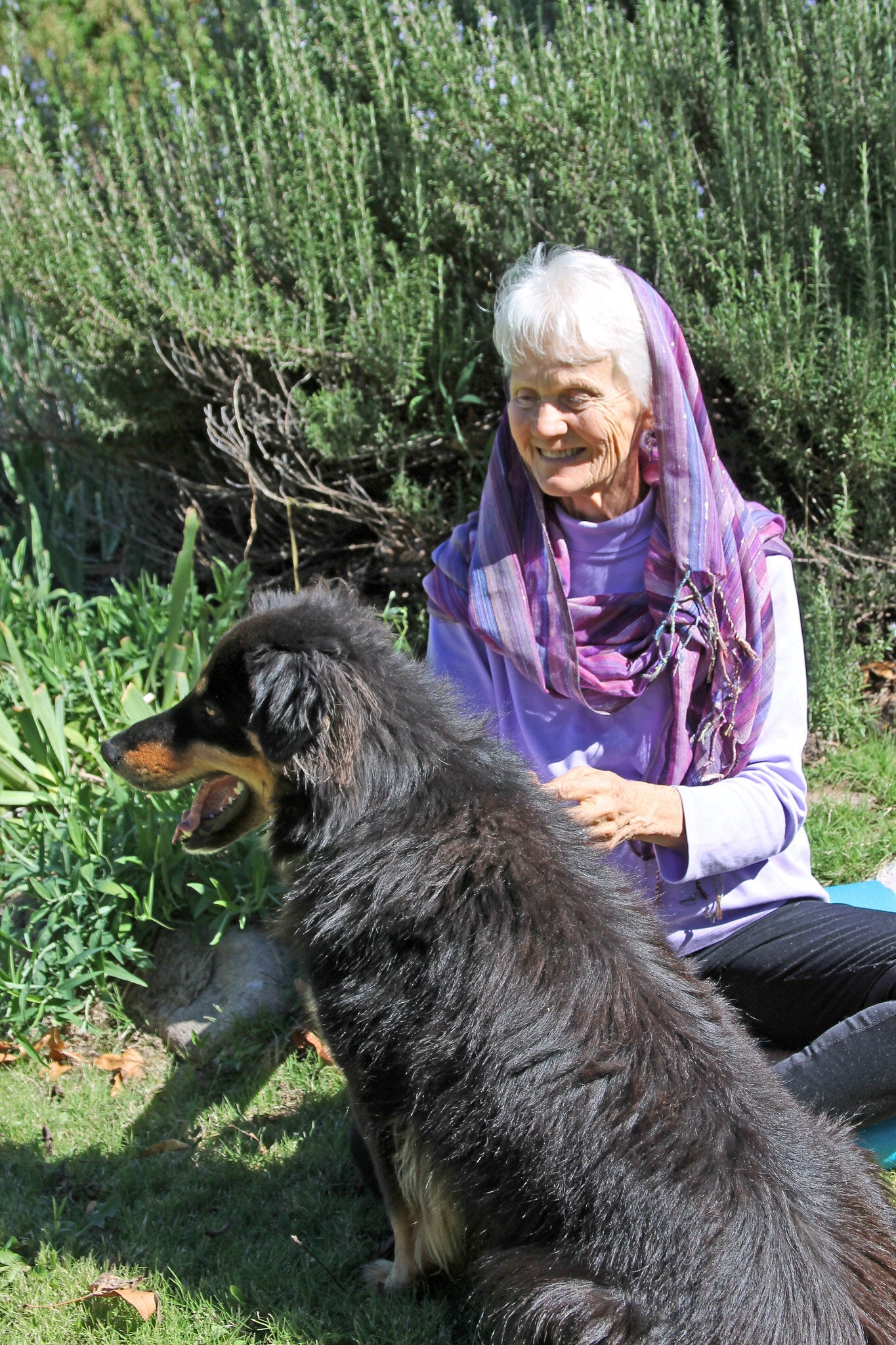
Guest contributor Judy Safford
Most of my married life thrived and survived on drama. I used to tell my story to anyone who walked slow enough. Did I ask them first? No! Did I feel better? No! Did it help the situation? No! Some of the listeners commiserated with me and some backed off when they saw me coming. My late husband was bipolar and undiagnosed all of our 23 years of marriage. Approximately every two years he would experience a five-month psychotic episode, which was horrific for him, me, our relatives and children. One day a therapist remarked that perhaps the reason I was baffled at what to do was because I got some needs met through his illness. Those words haunted me for years.
Listening to and absorbing other people's horror stories drove me deeper into my own victimhood. There was an appetite in me that got confused with compassion for others. My food addiction was fiercely fighting to suppress my emotions. Twisting and turning the puzzle pieces every which way, I spent years trying to force them to fit. Many years later, the pieces gradually began to fall into place.
The Ayurvedic way of life facilitates a superb level of self-care, which includes healthy boundaries. Now, opportunities to practice healthy boundaries abound even in the smallest ways. Yesterday, my husband and I wanted to watch a movie before bedtime. Three tasks needed completing before sitting down to relax: The truck was full of firewood, the dinner dishes were dirty and the dog was waiting to be fed. I said, “I'll wash dishes and feed Blue while you unload the truck.” He acted agitated.
Just before the movie began, I paused the remote and asked if he'd like to tell me what he was feeling. He stated, “Your tone of voice triggered a button. I felt ordered about.”
Here's the miracle: Instead of defending and over-explaining myself (so I could be right), I simply said, “What do you need right now?” That exchange served to break the old victim cycle. He genuinely responded, “I'd like you to sit beside me and watch the movie.” It was over without any old drama about his mother or our past relationship history. He felt heard and we enjoyed a pleasant evening.
The need to tell my story has softened by asking myself, What are you feeling? What do you need? Most of the time I need nurturing, safety and being heard. Only I can meet my deepest needs.
Gratefully, this practice is spilling over into all relationships. As I hear a story, I put away the fixing ear and listen with a new ear for the real feeling and need. “What do you need or most want to hear?” This simple, powerful compassionate listening allows me to acknowledge another person's pain in a worthy manner.
